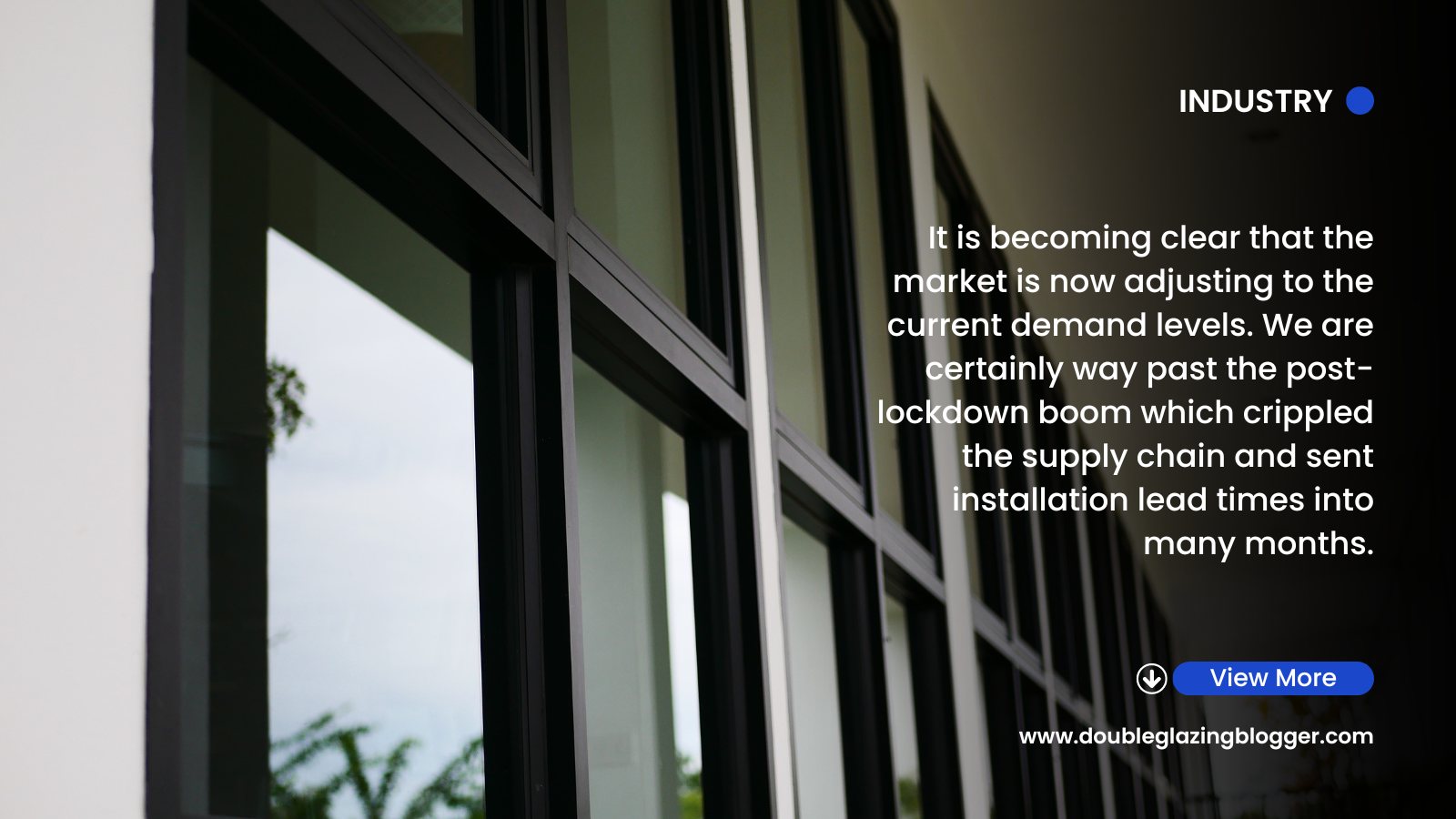Stats are quite boring to a lot of people. And I can understand why. A lot of the time they just appear to be a shed load of numbers and figures on a page which don’t mean anything to a reader if they’re not connected to those stats in some way. For me, they are a great way of shedding light on all aspects of a business. They’re especially important when it comes to sales too.
Conversion Rates, Sales And Everything Else
In an ever more mobile and connected world, the use of “data” and “analytics” is now very much commonplace. This is the breaking down of stats, traffic and all other types of information which can then be analysed to see deeper into the performance of that company or website. I use analytics for DGB and it allows me to see all sorts. I can see how many people have visited the site on any given day or time frames, I can see what pages they have viewed, how long they have stayed on there site, where they are located and so on. It also allows me to see which parts of the site are not performing as well as they should be, so that I can then work on those areas and improve them.
It is this sort of breaking down that we should all be doing in our businesses. For example, if you’re an installations business, are you recording each sale, which type of product you have sold, who sold it, the month or week it was sold in, the contract value etc? By doing this, you can see exactly which parts of your business are performing well. You’ll know which type of product you are selling is doing well, and those that aren’t. You can then see which areas you don’t need to spend much time on, and what areas need a bit more of your time and dedication to turn it around.
Keeping The Company Streamlined
The recording and analysing the stats of your company isn’t just useful for keeping track of who is selling what and what of, but also to keep the business overall lean and fighting fit.
Depending on how many types of data sets you want to collect, that data can allow you to see which parts of your business are bloated and which parts need more funding and attention. For example, it could allow you to see which departments of your business have too many staff, which would then be able to advise you how to make better use of those staff.
It’s also a great way to keep track of what is coming in and out of the business financially. By analysing your accounts to highest degree you can, you can keep any unnecessary purchasing at bay, making sure your bank balance is a healthy as possible and keeping that all important profit margin intact.
Predicting The Future
The detailed recording of stats also allows you to glimpse into the future. It can let you see what products are starting to increase in sales, which points to larger sales of that product in the time to come. It will also alert you to products and patterns that are dying off. If you’re in the door sector you’ll probably have some very startling figures when it comes to panel doors vs composite doors, with one set of stats going very much a different way to the other.
It’s important to have as much data and statistics about your business as possible. The more you know about your business, the better prepared you can be when the time comes to making changes, adapting to emerging markets and help the business to be more robust if and when the economy takes a turn for the worse.
It’s not the most exciting task in the world, but there is software out there that makes data and analytics slightly less tedious, and it is something that everyone should be doing, whether you’re a small OMB or a national firm.
As always, all comments welcome in the section below.





